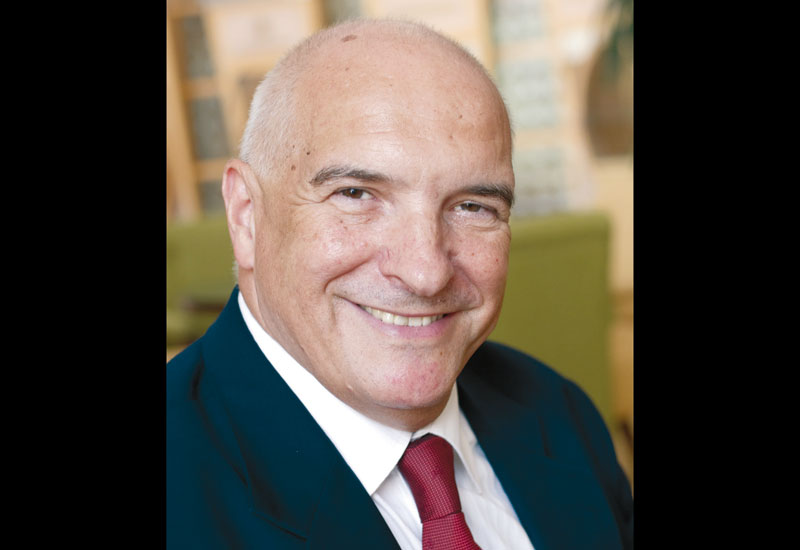 Michel Noblet: Dubai is a special destination that attracts people with varying levels of purchasing power.
Michel Noblet: Dubai is a special destination that attracts people with varying levels of purchasing power.
HMH chief executive officer Michel Noblet talks exclusively to Hotelier Middle East about company development, the economic downturn and why it’s good to show-off your hotel
What are your plans for Hospitality Management Holdings this year?
During this year the company will be quite busy. HMH is committed to opening 17 hotels by the end of the year, which is a big task as it can take up to four years to reach the operation stage. For example, the hotels we are opening this year have been in the pipeline for the last two or three years at least. Of the hotels we will open this year, 10 will open in Saudi Arabia, and then we have one in Dubai, one in Abu Dhabi and one each in Syria, Jordan and Lebanon. Beyond that, we have set a business plan several times but what we would like is to reach 100 hotels by 2012. Considering that we already have 75% of that signed, that is what we want to do. Looking to 2015, I don’t have any particular plans so I just want us to be perceived as a modern and progressive company.
How has the downturn affected hotel developments in the region?
You have two schools — you have developers who pull out and put the project on hold because they maybe didn’t have enough liquidity. Other developers, they are bullish and they find a way to make things happen. The developer is the decision maker in everything.
For some developers it was an issue [the financial crisis] and as you know the banking system is quite shy; so unless you have a top guarantee, top collateral and security, it was not easy and it is still not easy. So for some developers it is not an easy task to finalise the financing.

Advertisement
Has business improved this year?
It is common knowledge that the volume is still there but unfortunately the pricing has decreased due to the financial crisis. But it depends which area you are talking about. In the UAE, definitely in terms of pricing, we are facing much less than what we used to know, but in some areas like Saudi Arabia it is quite good. Saudi Arabia is the biggest market in the Gulf so they rely on the domestic market and that is very powerful. Here in the UAE we depend very much on the inbound business.
What are the current trends in the Middle Eastern hospitality market?
Yes, for 2010 there is definitely a very strong push with budget hotels, which is good as with any market and any destination, they do need to diversify in terms of segmentation. They need to please everybody, but of course Dubai is perceived as a deluxe destination.
However, the executive who is on the corporate account today will have to pay from his pocket tomorrow so he may want to take himself and his family to somewhere more affordable. The mid-market properties are definitely very promising and when you know that Dubai wants to welcome 15 million tourists within the next few years, out of the 15 million you will definitely have people who want budget hotels. Dubai is a special destination, people dream about Dubai, and the dreamers are everybody — it could be people with high purchasing power, or mid market people. There is some kind of attachment to this place, people think ‘maybe one day I will be able to go to Dubai’, but this person might not be able to spend money on a luxury hotel so the mid market offerings would suit them.
With the increase in mid-scale brands on the market, is there still a demand for luxury hotels?
Funnily enough, despite the international financial crisis, you still have people who can afford this kind of product. If you go to Europe, for example, you will realise that five-star hotels are running a high occupancy and the more we grow, the more we will see both rich people and poor people.
The amount of people who can afford luxury is increasing so definitely there is a demand for the luxury product. Here the GCC citizens – they are looking for luxury accommodation. Some companies, in order to be representative, also need to be a show-off. If you have a multi-million dollar company and you are going to entertain or accommodate your partners from Europe or Asia, you show off your hotel. This is related to the Arabic hospitality as well – they want to be very generous and they want to show the wonderful assets that their countries have.








 Search our database of more than 2,700 industry companies
Search our database of more than 2,700 industry companies









